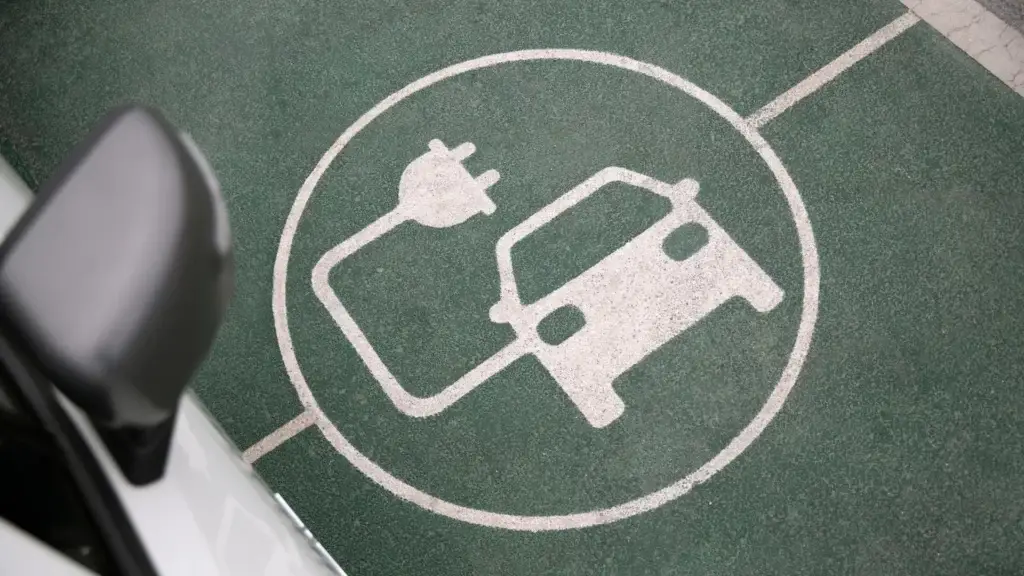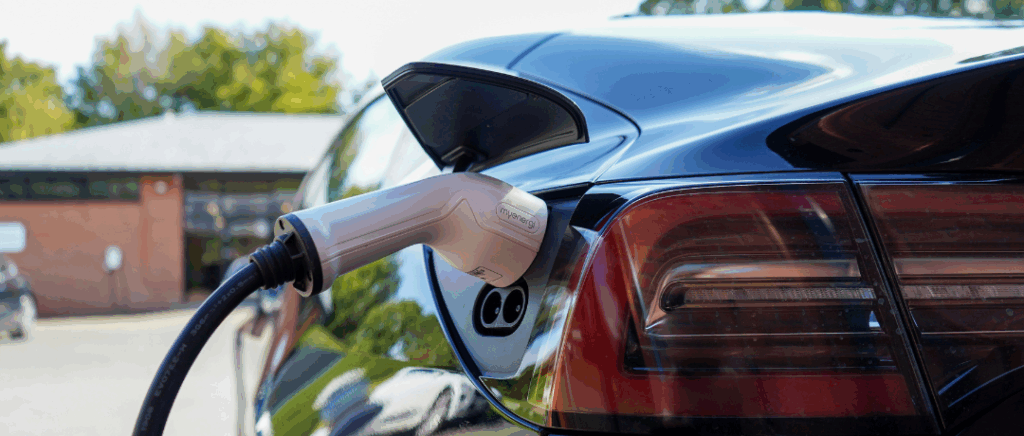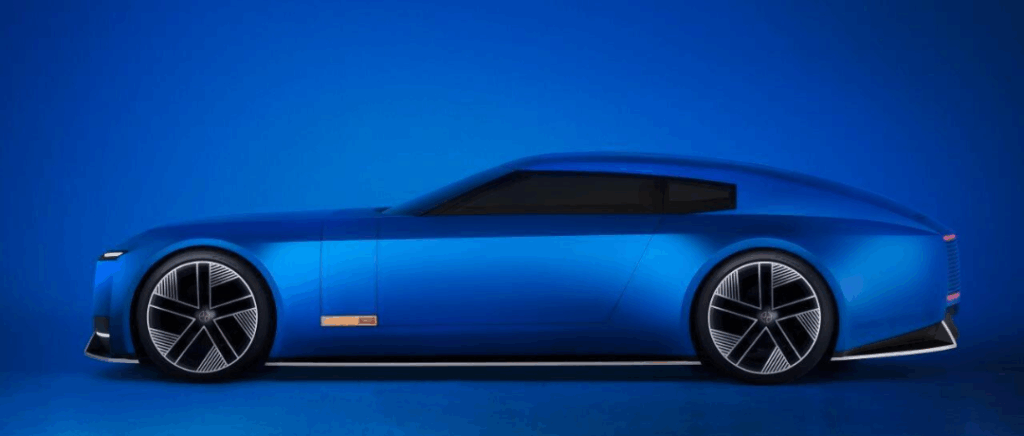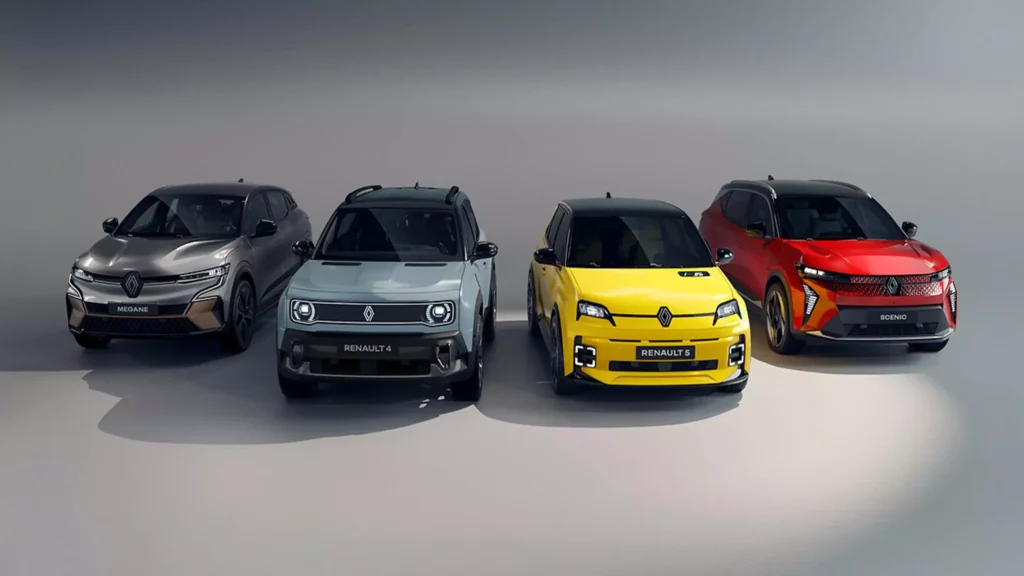Our experts answer your questions with a smile
Monday to Friday 9am - 12.30pm - 2pm - 7pm
Benefits in kind: definition and context
Benefits in kind are all the services and benefits made available to the employee by the company. These range from the provision of food and company accommodation to the payment of part of the employee's energy bills and the use of a company car.
The benefit in kind is therefore a tax tool which allows the employer to provide services free of charge to the employee or in exchange for consideration that is less than the actual value of the benefit in question.
Which company vehicles are covered by this scheme?
Le company car is a vehicle made available to employees for their use for professional and personal purposes. This is a vehicle that the employee will be able to use when travelling at weekends and on holiday. It is therefore the company car that will be concerned by the provision of benefits in kind.
NB: the company car is not covered by the benefit in kind scheme, as it is a vehicle used exclusively for business travel. It is a vehicle that the employee will borrow in the morning and return at the end of the day.
To find out more, read our article on the differences between a company car and a company vehicle.
Why provide your employees with a company electric vehicle?
Employers can make a company electric vehicle available to their employees and use this tax advantage in kind as a lever to :
- Recruiting : This is a strong recruitment argument for the employer and sets him apart from his competitors when recruiting. In fact, an employee will almost certainly prefer a proposed employment contract from a company that provides a company car that can be used for both professional and personal purposes to another offer that does not include a company car.
In addition, in the specific case of the provision of a electric vehicle by the company, this can help to attract employees with a high level of sensitivity to the environment. CSR policy of the company they are applying to. - Build loyalty A company car is made available to the employee over a very long period of time (several years), thereby building loyalty among employees who have this important advantage within their company, which may keep them from wanting to change jobs.
- Capitalising : The benefit in kind is a tax tool that allows employers to reduce their costs, particularly when negotiating salaries. Employers can reduce the salary of an employee they wish to recruit by including a company car. However, employers have to pay a large number of social security contributions on salaries. If the salary is revised downwards, the employer will pay fewer charges despite the provision of a company car. The operation is therefore very advantageous for the employer.
URSSAF distinguishes two categories for calculation of the benefit in kind :
- Status of company car :
- The vehicle is the property of the company (it has been purchased).
- The vehicle does not belong to the company (it has been leased).
Specific tax aspects of benefits in kind for electric vehicles
As a result, we are seeing an increasing number of company electric vehicles that have more advantageous tax benefits than their thermal counterparts, particularly as regards exemption from the tax on the use of passenger vehicles for economic purposes or the amortisation of electric vehicles and their batteries.
In addition, theOrder of 21 May 2019includes new elements to be taken into account when calculating the benefit in kind in respect of electric vehicles.
In the case of company electric vehiclesThe specific features to be taken into account when calculating the benefit in kind are as follows:
- the electricity costs relating to recharging the vehicle and paid for by the employer are not taken into account when calculating the benefit in kind.
- the expenses used to calculate the benefit in kind will be valued after applying an allowance of 50 % up to a maximum of €1,800 per year.
From 2019 and until 31 December 2022, the benefit in kind resulting from the use of a charging point by an employee for non-business purposes was valued at up to an amount of zeroregardless of where the terminal is installed.
In addition, employers can choose between two calculation methods:
- Actual expenditure In this case, an annual assessment and additional calculations are required.
- Annual fee In the case of flat-rate tax, the rate is determined according to whether the vehicle was purchased or leased.
You will find below calculation rules to remember for electric vehicles, based on actual expenditure and the annual flat rate.
Calculating the benefit in kind for an electric vehicle based on actual expenditure
To calculate the benefit in kind based on actual expenses for the company electric vehicle, you need to take into account :
- Depreciation of the vehicle purchased (incl. VAT) over 5 years at a rate of 20 % per year (10% for a vehicle over 5 years old) or the annual cost of leasing (incl. VAT), in the case of leased vehicles.
- Insurance
- Maintenance costs incl. VAT
To obtain the value of the benefit in kind, you then need to calculate the proportion that personal expenses represent of the total actual expenses incurred.
Source : URSSAF
Calculation of the benefit in kind for a leased vehicle based on the fixed price
First of all, it is important to note that there will be a differentiation in the calculation of the benefit in kind of the electric vehicle depending on how it was acquired, whether it was purchased or leased by the company.
When buying an electric vehicle
If you hire an electric vehicle
On the other hand, in the case of a leased electric vehicle, the benefit in kind this time represents 30 % of the total annual rental cost, with or without an option to buy.
In addition, as mentioned above, whether you are buying or leasing an electric vehicle, you will be able to benefit from the advantages of an electric vehicle, insurance as well as maintenance of the electric vehicle are two variables that must also be taken into account when calculating the benefit in kind.
Conclusion
In practical terms, having a company electric vehicle is therefore a major advantage. benefit to the employeeThis is because the top-up is not considered a benefit in kind, which means that it benefits from a tax deduction. 50% allowance enabling it to not to increase its tax rate.
In conclusion, we can see that the benefit in kind is an attractive arrangement for both the employer and the employee. Owning a company car is not a zero cost for the employee, as the benefit in kind is included in the employee's tax return for tax purposes.What's more, an electric company car offers significant tax advantages that are more attractive than those of its internal combustion counterpart, and should therefore be taken into account by both the company and the employee when choosing a company car.
In addition, the acquisition of a electric car as a company vehicle will help to meet the current objective of decarbonising the French car fleet, and will also be a significant advantage for the development of the CSR policyof a company.
For more information, we've put together a guide to this topic to explore the different aspects in depth:
Read our article about :

































